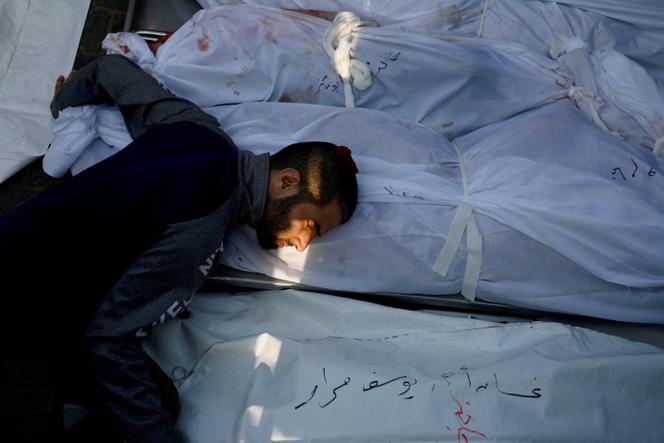


Serge Sur, Professor Emeritus of Public International Law at the University of Paris Panthéon-Assas and editor of the journal Questions Internationales, examines the notion of "self-defense" claimed by Israel after the Hamas terrorist attack on October 7, and details its implications under international humanitarian law, particularly in terms of the proportionality of the military response.
October 7 was clearly a terrorist attack under international law. International terrorism has been condemned by the UN Security Council since 1992, with a resolution concerning Libya. It was condemned even more strongly in 2001, following the September 11 attacks. And then there's Resolution 1373 of September 28, 2001, which calls on member states to take measures to combat terrorism. So it's absurd to say that terrorism is not a notion of international law. What is true, on the other hand, is that terrorism is not one of the incriminations of the International Criminal Court (ICC). Under the 1998 Rome Statute, the ICC only has jurisdiction over the crime of genocide, crimes against humanity, war crimes and aggression. Terrorist acts, however, generally fall under one or other of these incriminations.
To answer this question, we must first establish the status of the Gaza Strip. If you consider it to be occupied territory, as the West Bank is, then self-defense cannot be invoked and non-combatants cannot be targeted. It is the regime of occupied territories, as defined by the Geneva Convention (IV) on Civilians of 1949, which is applicable. Self-defense applies only to external attacks, otherwise it is a matter of maintaining order. In short, you have the right to neutralize combatants, to eliminate them. But you must not touch non-combatants. And this principle is intangible.
That's what it's all about. Israel considers that the Gaza Strip, although not an independent state as such, is independently administered by an authority, in this case Hamas. In my opinion, this is legally questionable, but if we start from this presupposition, Israel can consider itself to be in a state of self-defense following the attack on October 7. In fact, this is the point of view adopted by most countries, notably France, which have said that Israel has the right to defend itself.
You have 70% of this article left to read. The rest is for subscribers only.
